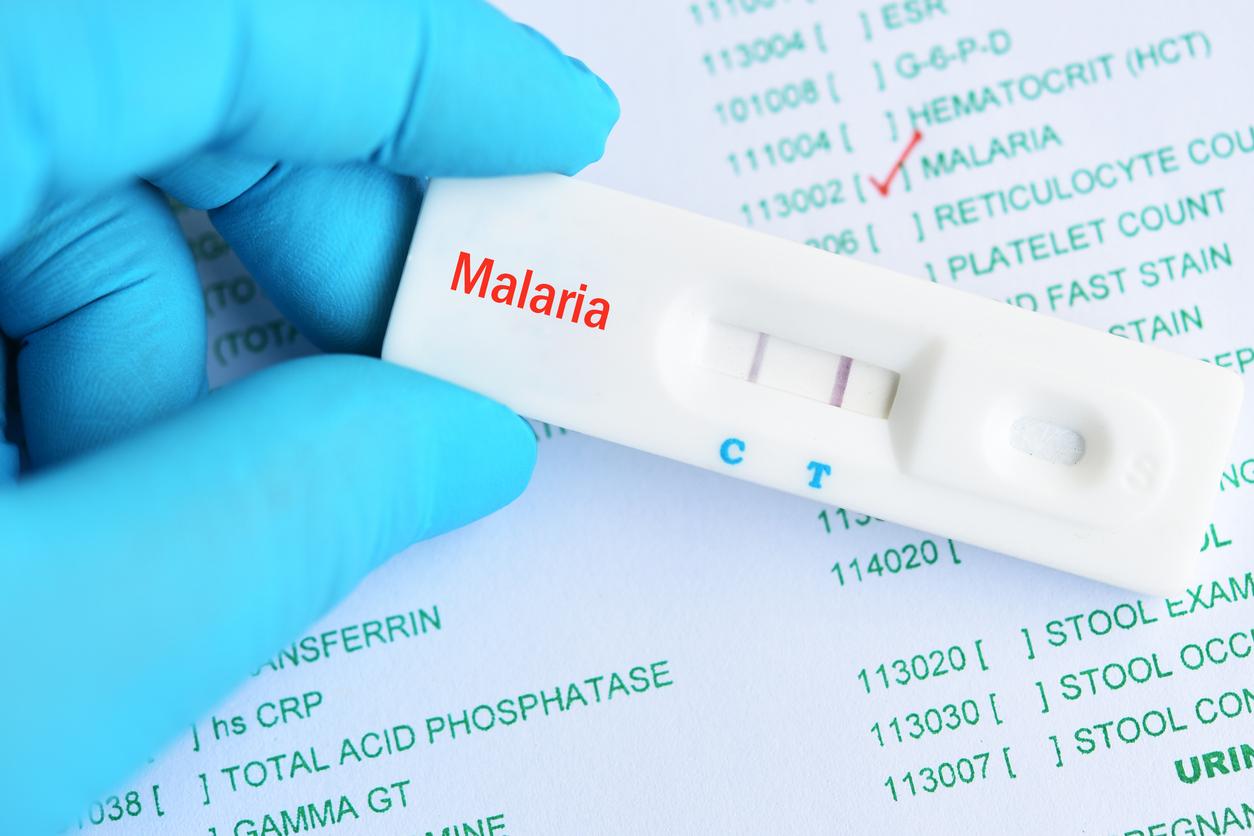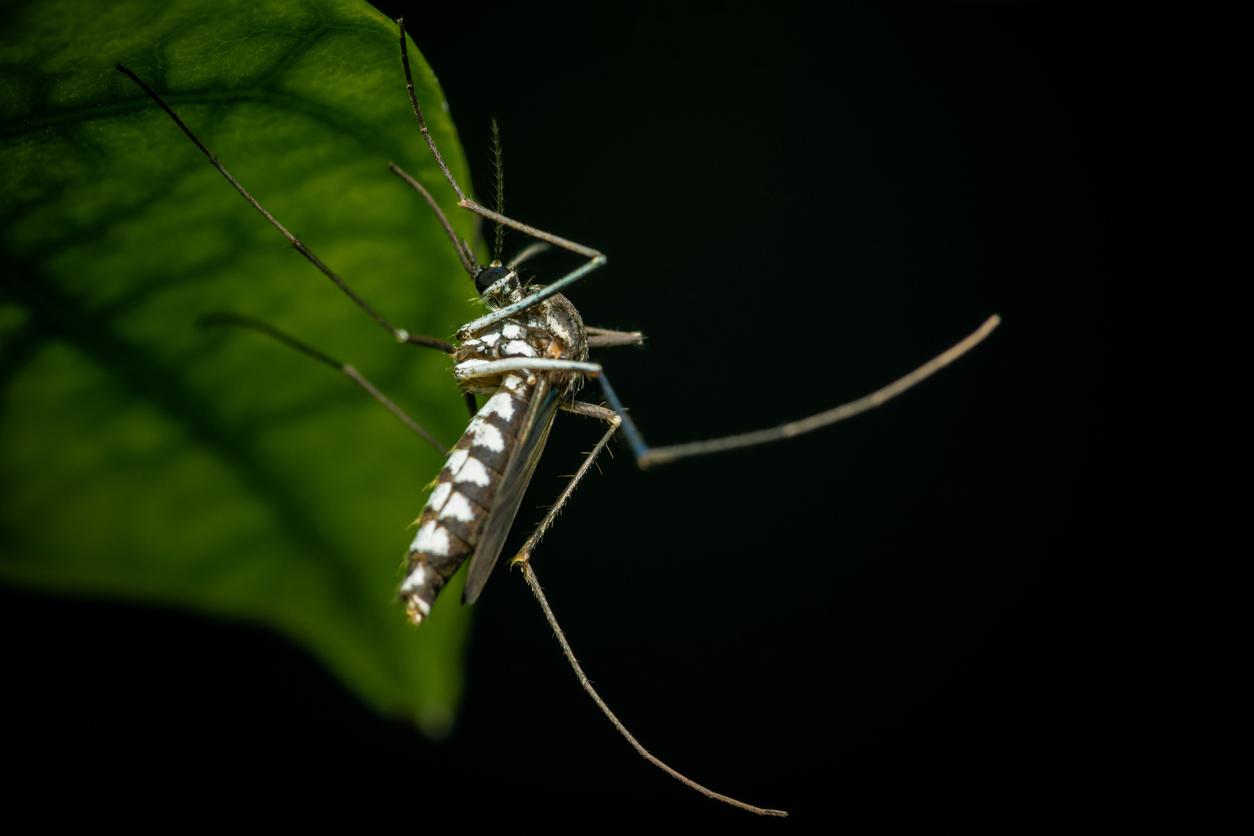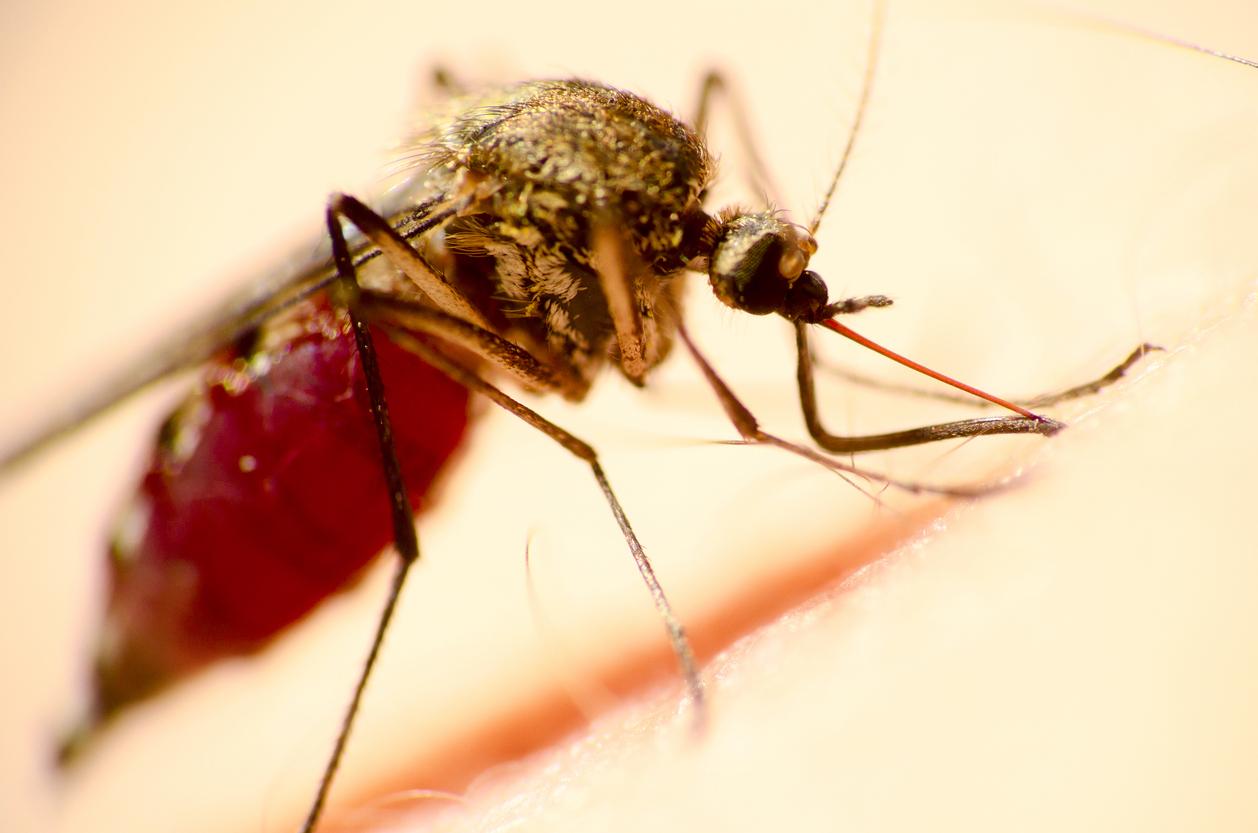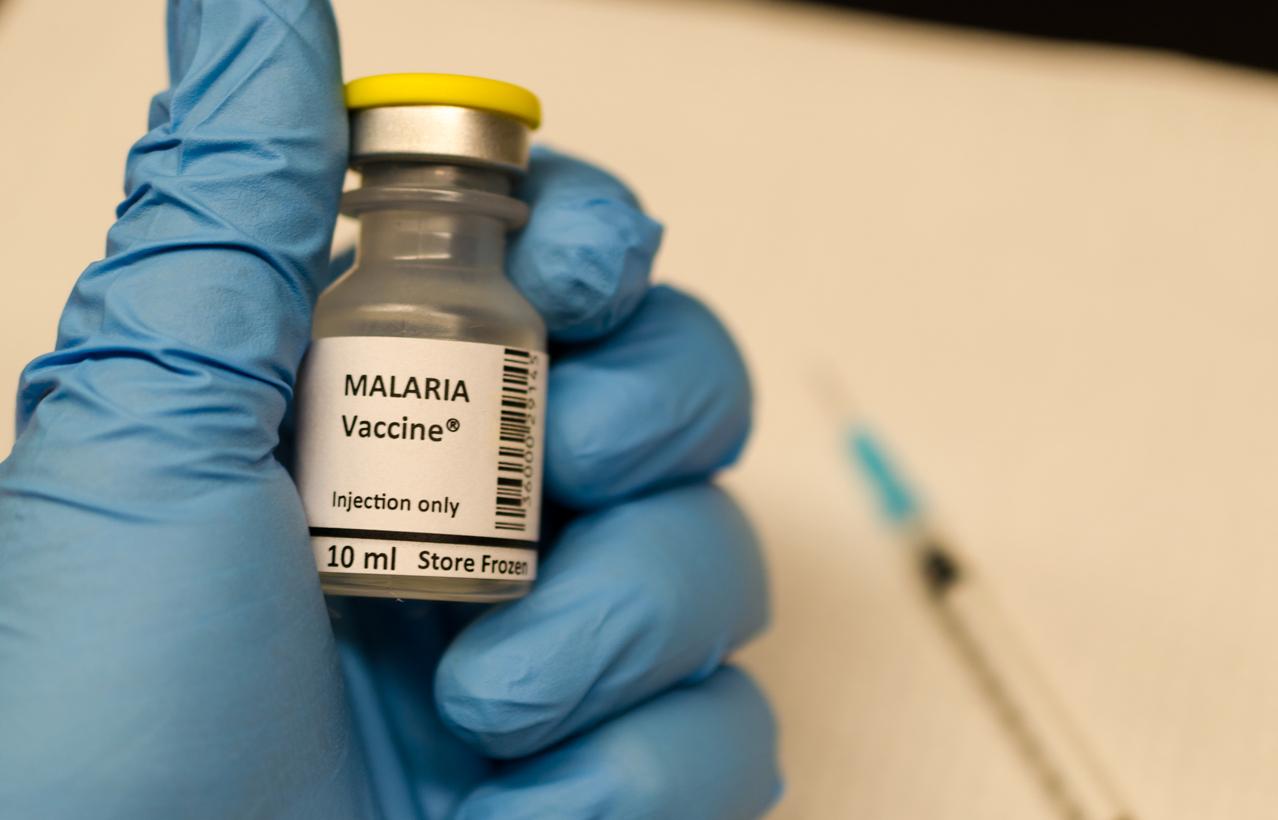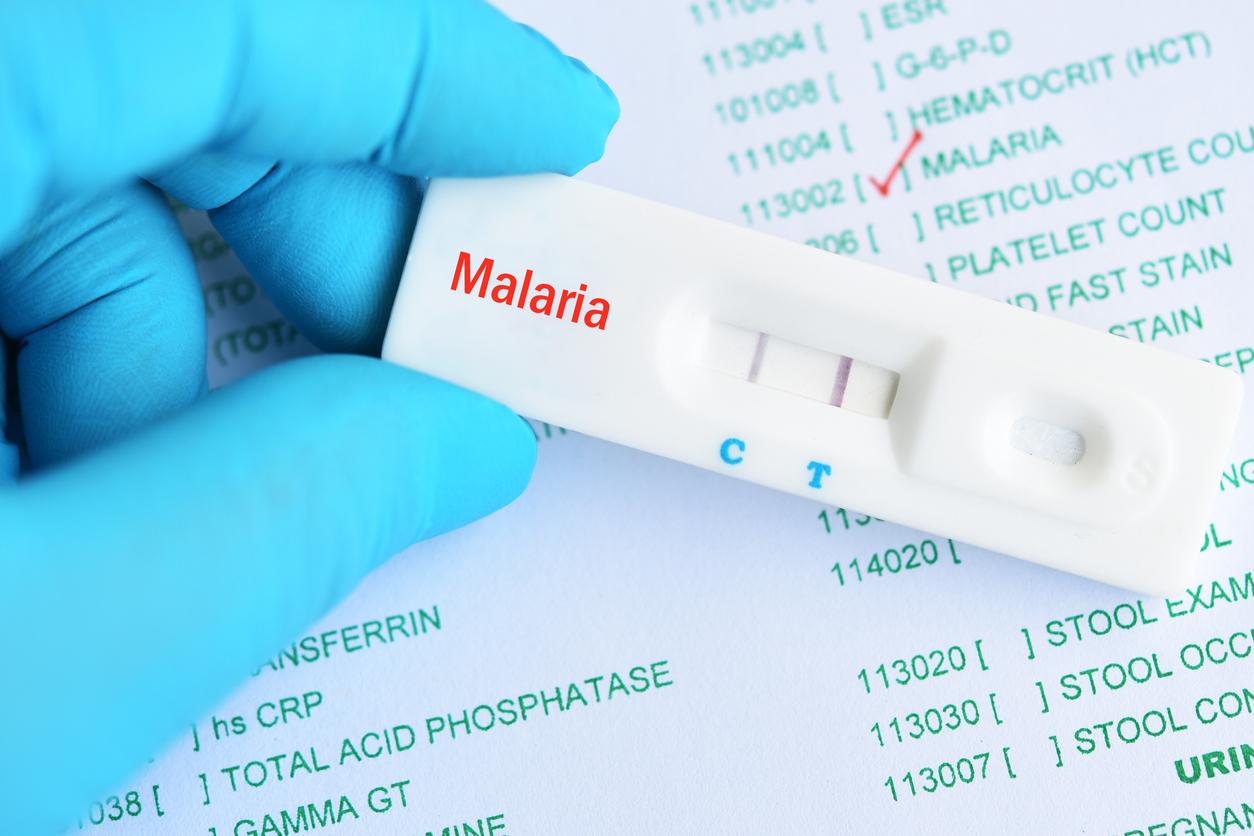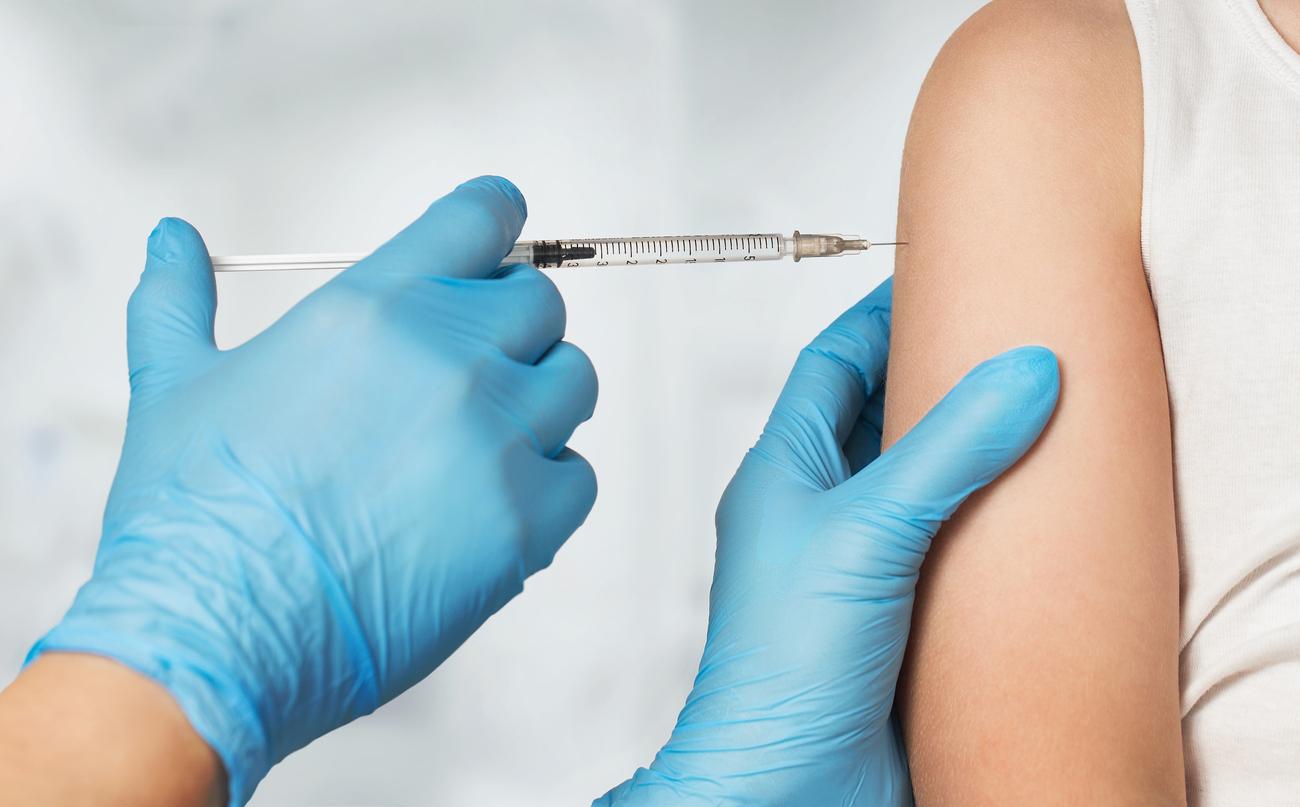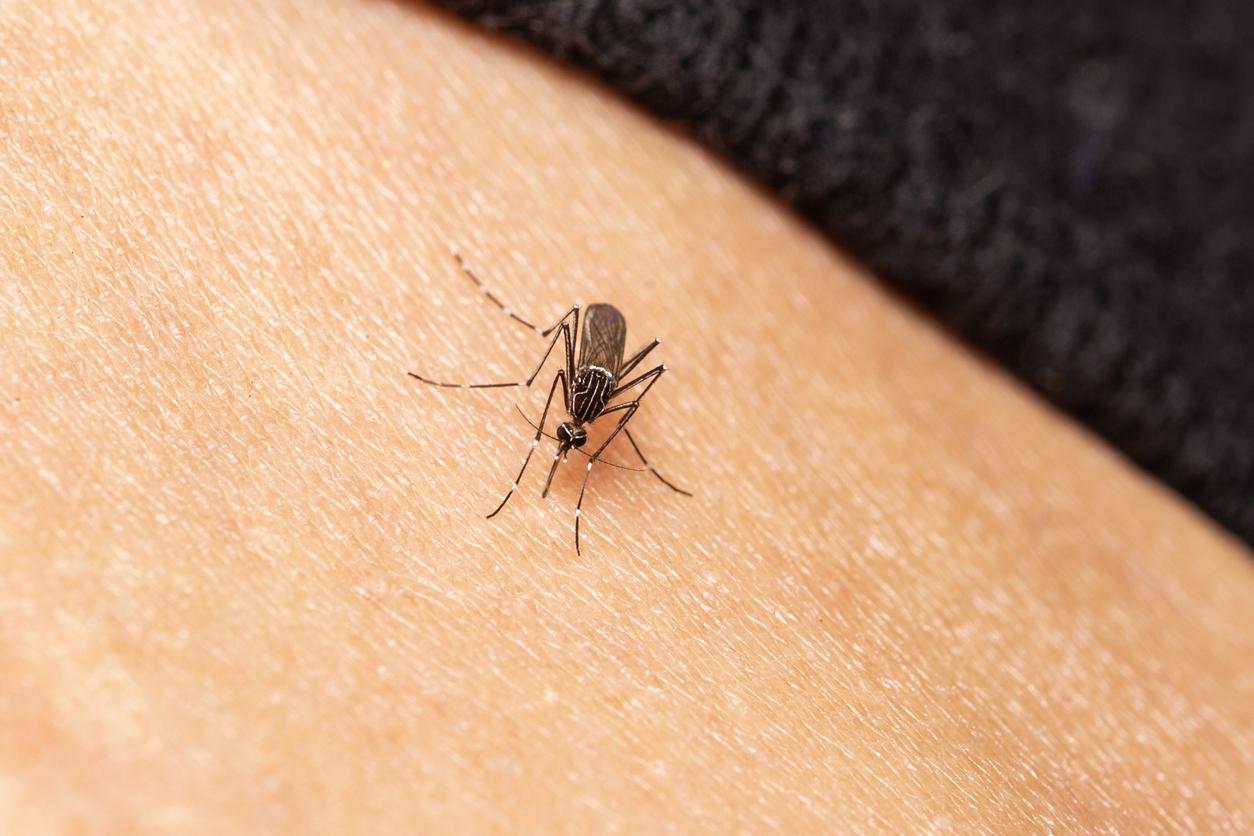Many scientists believe in the usefulness of the smartphone to help stop the spread of infectious diseases. The invention of Ugandan students will bring water to their mill. Indeed, they imagined a smartphone application intended to diagnose malaria.Called Matibabu [ “centre médical” en swahili]this tool makes it possible to identify the parasite linked to malaria and to follow the evolution of the disease in infected people.
How it works ? The user places his finger in a “matiscope”, a device connected to a smartphone and which penetrates under the skin, thanks to an infrared emission, in order to examine the red blood cells. Without taking blood, the matiscope can thus distinguish infected blood cells from healthy blood cells, explains the panafrique.tv site which reports the information. “Infected red blood cells have been shown to have a different physical, chemical and biomedical structure compared to a normal red blood cell, hence we used light scattering technology to determine the patterns of dispersal of normal cells and infected cells Through the difference of the models, the application is able to diagnose malaria without a blood test”, explains Brian Gitta, one of the inventors and student at Makerere University, Uganda, quoted by panafrique.tv.
The diagnostic results can be sent to OneDrive, Microsoft’s data storage system so that doctors can access them remotely.
A tool available within two years
The students have given themselves two years to develop the application, which should cost between 20 and 35 dollars (between 18 and 31 euros on average), still according to panafrique.tv.
Malaria is caused by parasites of the genus Plasmodium transmitted to humans through the bites of infected female mosquitoes. About 3.2 billion people are at risk of contracting malaria, recalls the World Health Organization.
In 2015, In 2015, 88% of malaria cases and 90% of deaths from this disease occurred in sub-Saharan Africa, according to WHO.
Read also: Malaria: a new molecule tested in the Central African Republic
Bill Gates teams up with the UK to beat malaria
Pollution kills more people than AIDS and malaria










